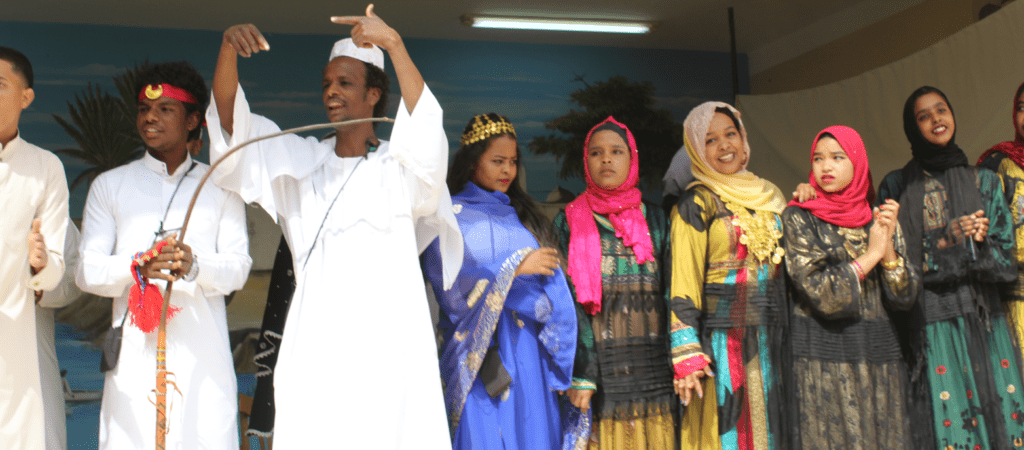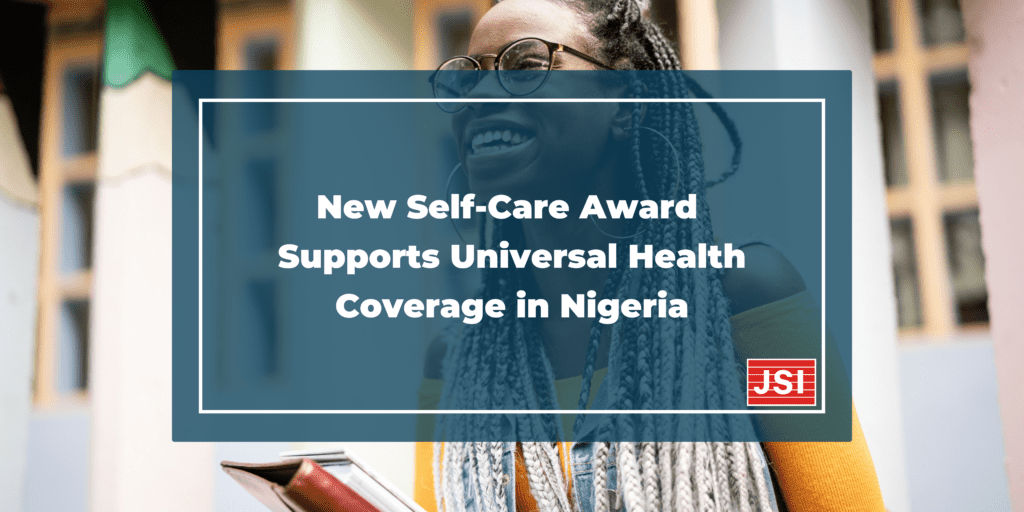This website uses cookies so that we can provide you with the best user experience possible. Cookie information is stored in your browser and performs functions such as recognizing you when you return to our website and helping our team to understand which sections of the website you find most interesting and useful.
Family Planning and Reproductive Health
Social and behavior change is a powerful approach to achieving universal access to family planning and reproductive health (FP-RH) services. We use behavior integration, a model grounded in social and behavioral sciences, to understand and respond to factors that affect FP-RH use; support people’s agency and choice; and align program elements with local priorities to drive and sustain social and behavior change. Through this approach, we develop culturally appropriate and sustainable interventions that improve service quality and access, strengthen health systems, promote healthy behaviors, and help individuals make informed decisions about their reproductive lives.
We co-create evidence-based solutions to FP-RH challenges by understanding and addressing social and behavioral factors affecting FP-RH options, such as gender norms. By leveraging strategies such as human-centered design and social accountability, we have affected the behaviors of care-seekers, providers, and organizations, resulting in improved client satisfaction and trust and uptake of FP-RH products and services that are person-centered and adolescent and youth-friendly.
For more information, contact Melinda McKay, Behavior Initiative Director at Melinda_McKay@jsi.com.
Project in Focus
Strengthening Egypt’s Family Planning Program
Through the USAID Strengthening Egypt’s Family Planning Programs (SEFPP) project, we collaborate with government, faith groups, and youth to convey accurate FP information through mass media campaigns; challenge stigma and harmful social norms through community dramas and dialogs; and strengthen the capacity of youth leaders and peer educators to advocate for RH rights.
SEFPP trained 300 media officers and 600 religious leaders who reached 550,000 people per year with messages about FP. The project also trained 90 university youth leaders who reached over 100,000 people with FP-RH messages via an innovative competition model. These activities contributed to more than 36 million clients receiving FP services from SEFPP and a 13 percent increase in the estimated protection provided by family planning methods (measured by couple-years of protection) in Upper Egypt, where the project operates.





